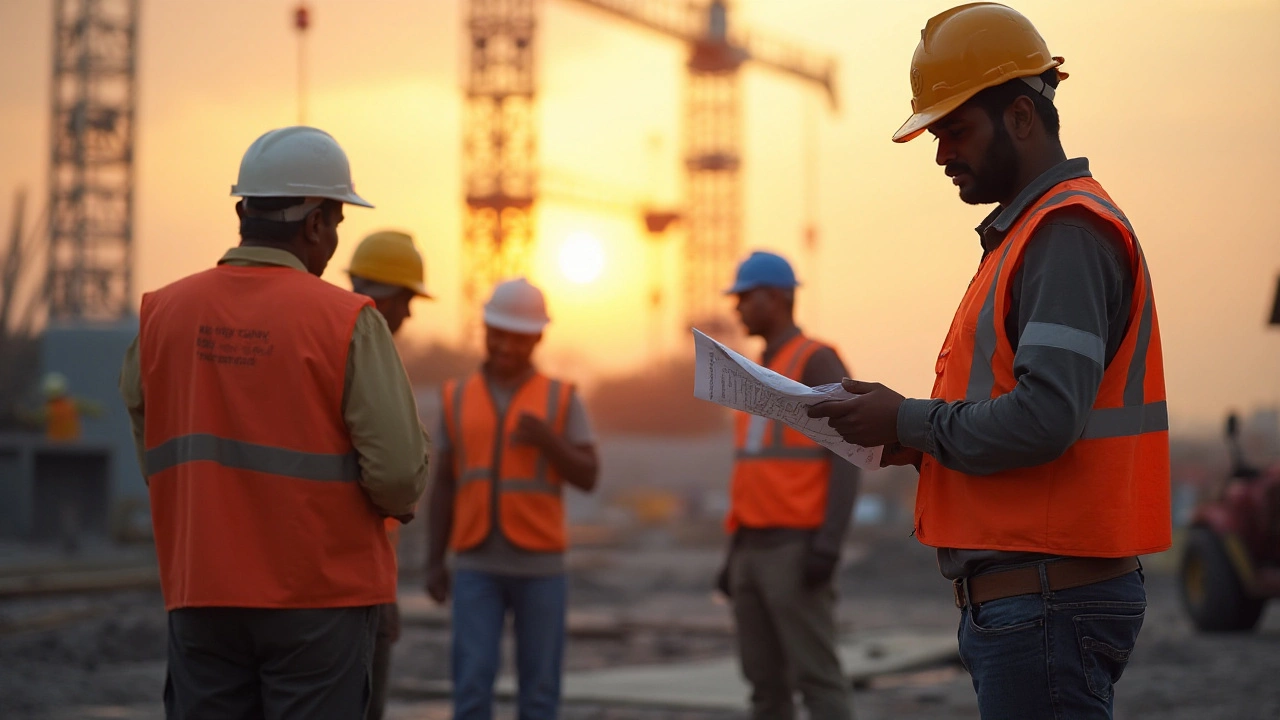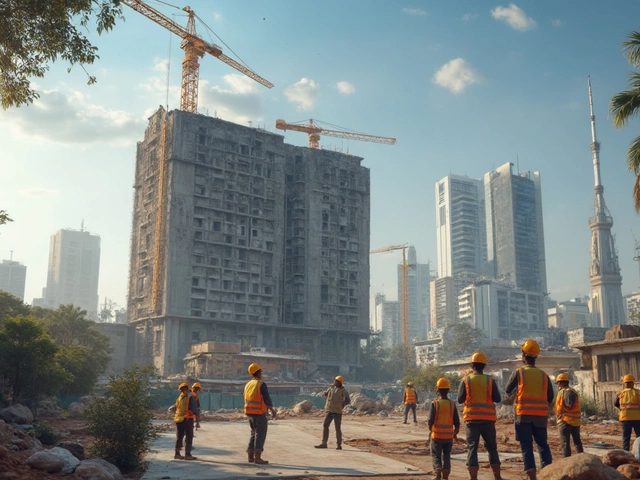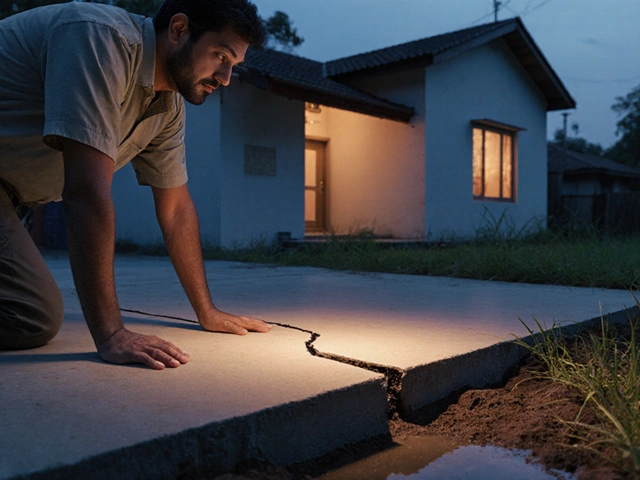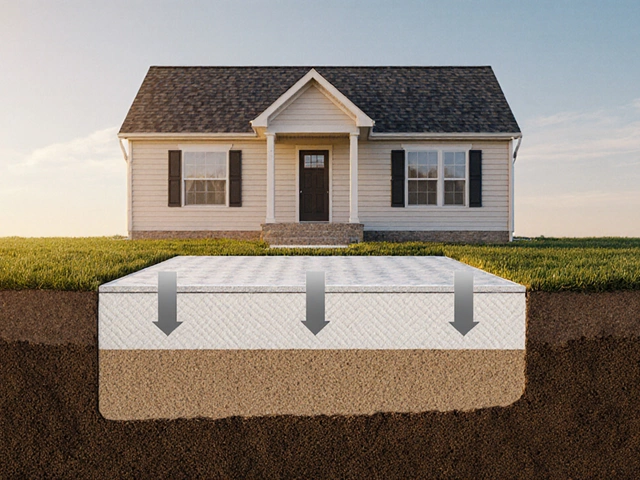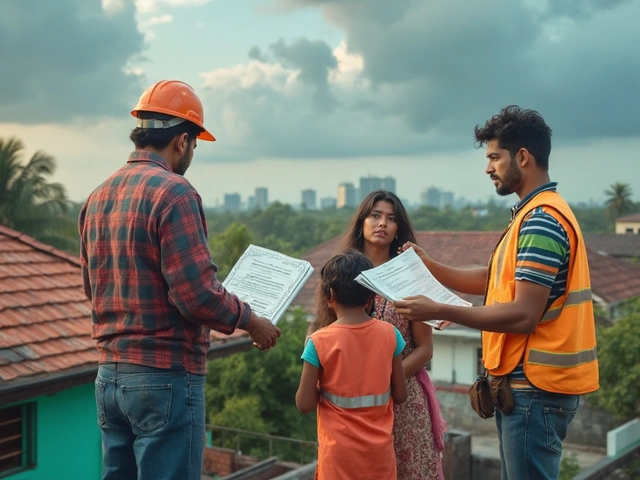Property Protection: Secure Your Home with Strong Materials and Smart Practices
When you think about property protection, the measures taken to defend a building or land from damage, theft, or decay. Also known as home security, it's not just about alarms or locks—it’s about the physical strength of your home’s structure. A cracked foundation, rusted fencing, or weak wall anchors can turn a small problem into a major loss. That’s why the best property protection starts long before a break-in or storm hits—it begins with the materials used to build and reinforce your home.
Take foundation repair, the process of fixing damage to a building’s base that can lead to structural failure. If your walls are cracking or floors are sloping, you’re not just dealing with an eyesore—you’re risking your entire property’s safety. Experts say over 70% of homes in older neighborhoods show signs of settling, and many of those issues can be stopped early with the right support. That’s where materials like galvanized wire, steel wire coated in zinc to resist rust and last decades in outdoor conditions come in. Used in retaining walls, fencing, and even reinforcing concrete, galvanized wire isn’t flashy—but it’s one of the most reliable tools in property protection. It holds fences tight, keeps soil in place, and prevents erosion that can undermine foundations.
And it’s not just about fixing what’s broken. Good property protection means choosing materials that last. Think about the difference between a cheap chain-link fence that rusts in two years and one held together with heavy-duty galvanized wire that lasts two decades. Or how a properly anchored foundation with steel piers can outlast one patched with cheap epoxy. It’s the same with commercial and residential buildings—both need strong, durable supports. You can’t protect what’s weak. And if you’re trying to fix a foundation yourself, you need to know what’s worth doing and what needs a pro. The posts below show real cases: how cracks form, why timing matters for repairs, and which materials actually make a difference in long-term safety.
Whether you’re dealing with a cracked basement wall, a sagging fence, or just want to know what makes your home truly secure, the articles here cut through the noise. You’ll find clear advice on when to call a pro, what materials to ask for, and how to spot trouble before it costs you thousands. No fluff. No sales pitches. Just what works—and what doesn’t—when it comes to protecting what’s yours.
